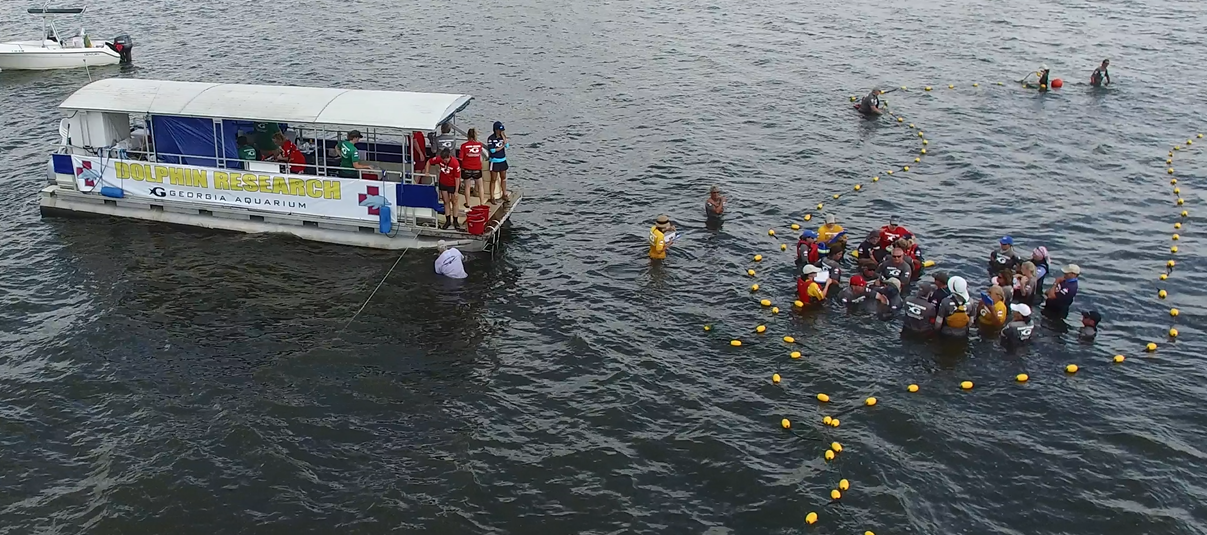.01
about STEPHEN MCCULLOCH
Stephen McCulloch is one of the few professionals to have worked for decades with both the marine mammal zoological industry and conservation research communities around the world. His broad understanding of today’s issues and his global perspective enable him to offer singularly creative solutions to meet the demands of an ever-changing seascape.
Stephen McCulloch is a dedicated professional with more than five decades of experience. He has been twice nominated as a finalist to receive the world’s most prestigious conservation award, the Indianapolis Prize, and the Blue Legacy Lifetime Achievement Award. He is also an award-winning photographer with published images in National Geographic, American Scientist, and Nature magazines and has been a technical consultant for two Oscar and Emmy award-winning films. He is the author of more than thirty abstracts and co-author of more than forty peer-reviewed publications. He also wrote legislative language for the Florida Oceans Initiative and helped pass four unprecedented Florida State laws that have raised more than seventy million dollars in funding for marine mammal health, research, and conservation.
McCulloch has designed, managed, and operated specialized marine mammal laboratories, sea-pen facilities, rehabilitation centers, and life support systems. He has played pivotal roles in the successful rehabilitation, native reintroduction, and post-release monitoring of numerous whales, dolphins, and pinnipeds. As a NOAA Fisheries authorized investigator he conducts marine mammal population and acoustic surveys of dolphins and critically endangered North Atlantic Right whales. Since 2003, he has led more than a dozen complex dolphin health and environmental risk assessments requiring management and logistical coordination of hundreds of scientists, veterinarians, and collaborators from around the world. Today, McCulloch’s focus is on improving health and welfare of marine mammals in human care, conservation of wild populations, and support for global stranding networks.

















